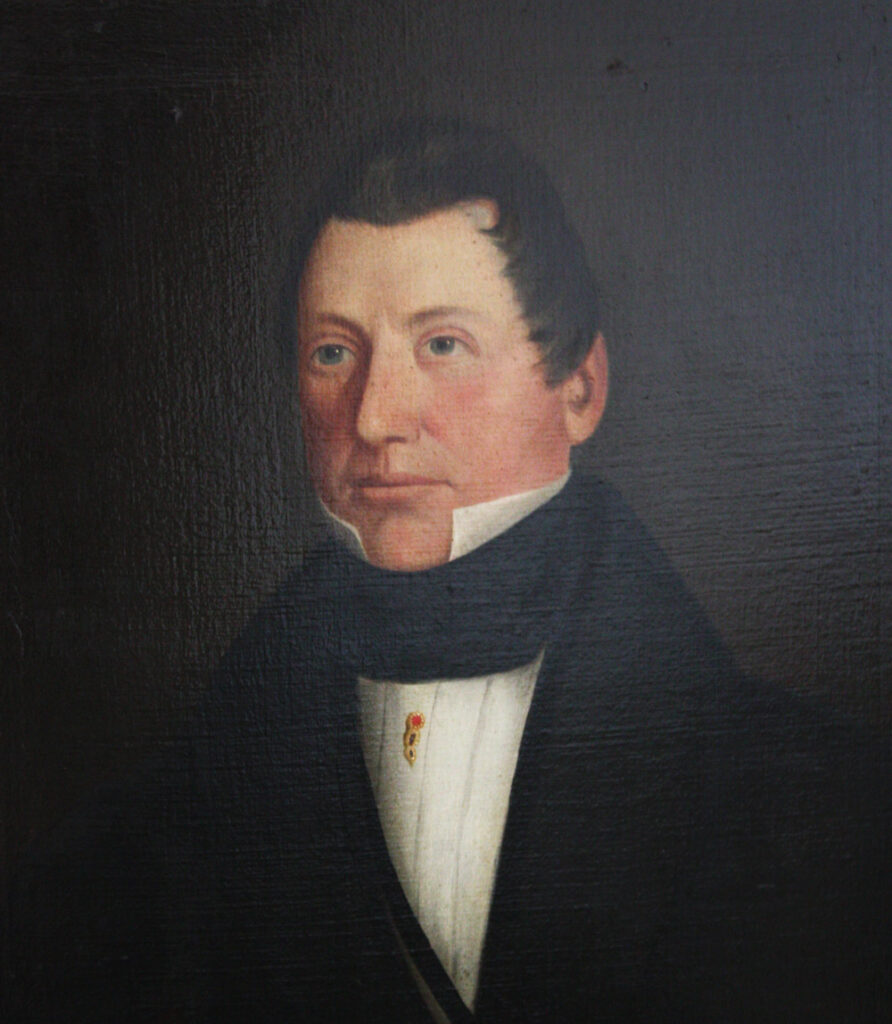In 1841, when Stanley Clark Bagg (SCB) turned 21, he inherited several properties on the island of Montreal from his mother and his maternal grandfather. It was time for his father, merchant Stanley Bagg, who had been executor of the two estates, to transfer the inheritance into his son’s hands.
However, Stanley admitted that he had not kept track of the income and expenses of the estates, which dated from 1835 and 1827. Stanley resolved to sort out the situation. In 1842, Stanley and SCB signed a notarized document in which Stanley acknowledged that he had used the estates’ revenues, including rents and property sales — a sum amounting to 3,000 pounds — “for his own profit and advantage.” He mortgaged several of his own properties to repay his son, with interest.

In addition, Stanley was behind on the expenses for Durham House, the stone farmhouse which he and his wife had received as a wedding present, and where he and SCB still lived. Those debts totalled 350 pounds.
Acknowledging he was in a “precarious state of health and desirous of giving up housekeeping,” Stanley gave Durham House to SCB, including furniture, kitchen utensils, farming implements and animals. In return, SCB pledged to pay his father’s outstanding household debts, and to look after him. He would pay for his father’s food, clothing and servants’ wages, and Stanley would have “the use of a good horse.” Stanley wasn’t ready to give up his favourite means of transportation.
The revelations of these 1842 notarial documents are surprising. As a young man, Stanley Bagg had been engaged in numerous business endeavors, and he had extensive accounting experience. However, the British economy had been in crisis since 1839, so Quebec was in the midst of a recession in 1842.
Stanley’s situation was also likely related to his brother Abner’s financial distress. In 1823, Abner’s hat-making business failed, leaving him heavily indebted, but with no way of going bankrupt in an orderly manner. Stanley tried to help his brother over the years, acting as security for new loans and participating in a series of promissory notes, mortgage arrangements and property transfers. His entanglement with Abner’s affairs may have put Stanley’s own assets at risk, and he probably wanted to conceal his assets and transfer his properties to his son quickly and quietly.
After 1842, SCB opened his own practice as a notary, married, started a family and built a large house of his own. Meanwhile, Stanley rewrote his will in 1851, trying to tie up loose ends and protect SCB from debts “in consequence of some of the accounts and transactions in which I have been engaged.”
A year later, Stanley complained he was dissatisfied with the medical care he was receiving. SCB agreed that up to 25 pounds a year could be spent on a medical attendant for his father, if he really needed it. The tone of this notarized document hints that many years of financial strains had affected the father-son relationship. Stanley died in 1853, aged 65.
Research Remarks: When I started going to the archives to research the Bagg family, I expected to find legal documents such as wills and business agreements. I was surprised to find how much these family agreements revealed. All that time I spent scanning fuzzy microfilms and trying to reading old handwriting was well spent.
These agreements are found in the records of notary Joseph-Hilarion Jobin, no. 3537, 8 October 1842, and no. 3556, 2 November 1842, accessed at the Bibliothèque et Archives nationales du Québec in Montreal.
